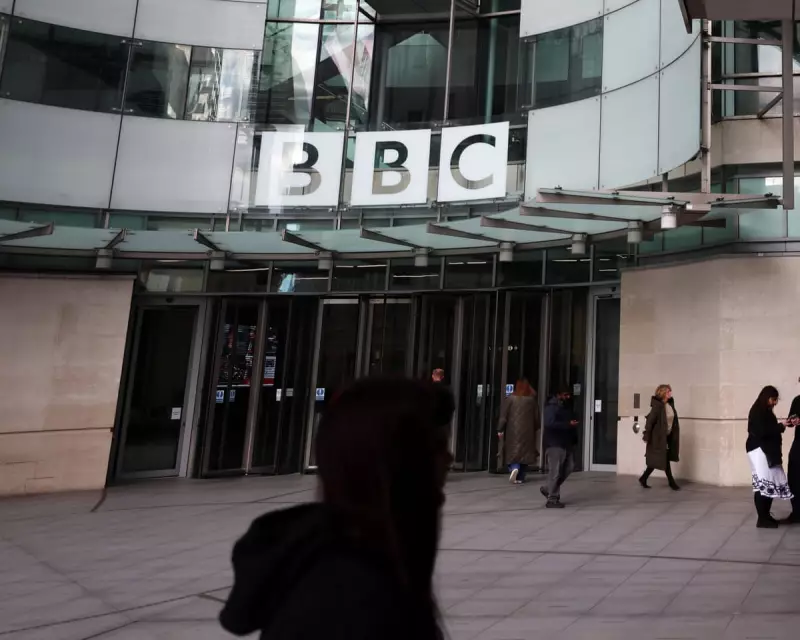
The BBC is preparing to issue a formal apology to former US President Donald Trump as it seeks to resolve a billion-dollar legal threat over its editing of one of his speeches, the Guardian has learned.
The Core of the Controversy
At the heart of the dispute is an edition of Panorama broadcast last year that featured a spliced clip of a Trump speech made on 6 January 2021. The programme edited together parts of his address, taken from sections almost an hour apart, which created the impression he told the crowd: "We're going to walk down to the Capitol and I'll be there with you, and we fight. We fight like hell."
The corporation has internally concluded that this edit "gave the impression that President Trump had made a direct call for violent action" related to the US Capitol attack later that day. This controversy was a significant factor in the resignations of then-director general Tim Davie and head of news Deborah Turness.
A Strategic Dilemma for the BBC
BBC leadership now faces an invidious choice. With a looming deadline to respond to the legal threat filed in a Florida court, the publicly-funded broadcaster must decide between a public battle with a US president or a settlement that could be seen as politically toxic.
Senior figures believe that since BBC chair Samir Shah has already apologised for the edit, there is little reason not to offer a more personal apology to Trump in the official response. However, insiders also indicate the corporation is minded to be robust in defending its journalism against wider allegations from Trump's allies that it publishes "fake news" about him.
The BBC does maintain insurance for legal challenges to its journalism, but insiders acknowledge the constant pressure of legal costs should litigation continue for months.
Trump's Stance and Legal Complexities
Donald Trump has doubled down on his legal threat, telling Fox News he felt he had "an obligation" to sue the BBC. He stated: "They defrauded the public and they've admitted it. This is within one of our great allies, supposedly our great ally."
However, legal experts have questioned Trump's chances of success. Florida's liberal libel laws present one hurdle, compounded by the fact the Panorama episode wasn't available in the state. The broadcast occurred too long ago for legal action in the UK, and Trump would need to prove he was actually damaged by the programme.
This case follows a pattern of Trump using lawsuits to attack media criticism, with several major networks opting to settle claims due to commercial considerations. He also has outstanding cases against the New York Times and the Wall Street Journal.
The edit was among criticisms raised in a memo by Michael Prescott, a former independent external adviser to the BBC's editorial guidelines committee. While there is anger within the BBC over the Trump edit, there is also concern about the political nature of Prescott's memo, which outlined claims of liberal bias over several years.





